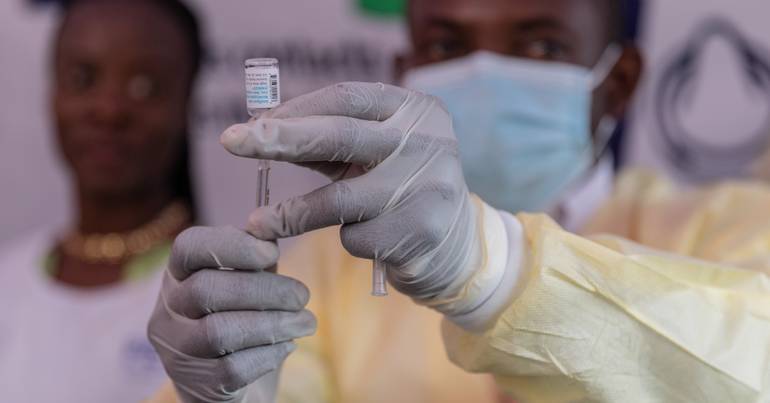

In a series of recent updates, Mozambique has confirmed three cases of mpox amidst the current outbreak. At the same time, significant legislative efforts and health sector improvements have been observed in Portugal.
In Mozambique, authorities have identified three individuals with mpox, marking the country’s first confirmed cases in the latest outbreak. These individuals were initially categorized as suspected cases on July 8, 2025, prompting a swift response from health officials. Mpox, known for its characteristic rash and flu-like symptoms, has been a growing concern globally, and Mozambique’s health ministry is taking rigorous steps to manage the situation. The confirmation was announced as part of efforts to increase public awareness and ensure that measures are in place to prevent further spread.
The health sector, globally focused on infectious disease prevention, continues to adjust and respond to outbreaks like mpox, promoting vaccinations and public health protocols as primary measures. As these situations arise, there is a significant emphasis on public cooperation, hygiene practices, and the availability of medical resources to tackle potential surges in cases.
Concurrently, in Portugal, legislative actions concerning animal protection have advanced. The People-Animals-Nature (PAN) party’s project, aimed at amending the Penal Code to enhance the defense of animals, has progressed to commission discussions. This initiative seeks to address and fill existing gaps in legal protections for animals, with support from a resolution project by the political party Livre. The resolution calls for a comprehensive government review to identify areas needing improvement in animal custody, welfare laws, and overall protection.
The legislative efforts align with a wider movement towards increased ethical considerations for animals, recognizing their rights and interconnections within ecosystems. This approach underlines the role of animals as sentient beings deserving of humane treatment and aims at fostering a society more attuned to the compassionate stewardship of all living forms.
Health advancements in Portugal also reflect a positive trend, with the recruitment of new obstetricians at Hospital Garcia de Orta being a noteworthy development. These newly hired medical professionals will experience a 40% salary increase compared to standard rates, an initiative designed to entice professionals from the private sector to the public healthcare domain. This competitive compensation is further complemented by additional benefits, including access to positions traditionally considered under-resourced, a drive bolstered by government authorization.
The strategic investment in healthcare professionals is part of broader efforts to enhance public health services, ensuring that citizens receive timely and high-quality medical care. This focus on healthcare quality and professional incentives aims to strengthen healthcare infrastructure, promoting a system that is adaptable, resilient, and capable of sustaining quality services amid changing demographic and social health needs.
The interconnectedness of public health, legislative efforts, and ethical considerations regarding animals underscores a holistic approach to societal well-being. These developments, from managing health outbreaks to legislative expansions for animal protection and enriching medical careers, reflect a commitment to forward-thinking governance and public service enhancements.
As the world navigates various social and health challenges, these initiatives represent steps towards resilient systems that support both human and environmental health. The balanced approach to managing public health concerns, legislative improvements, and enhancing professional healthcare environments illustrates an emerging focus on sustainable and mindful growth, prioritizing both immediate needs and long-term societal well-being.
Source: {link}
